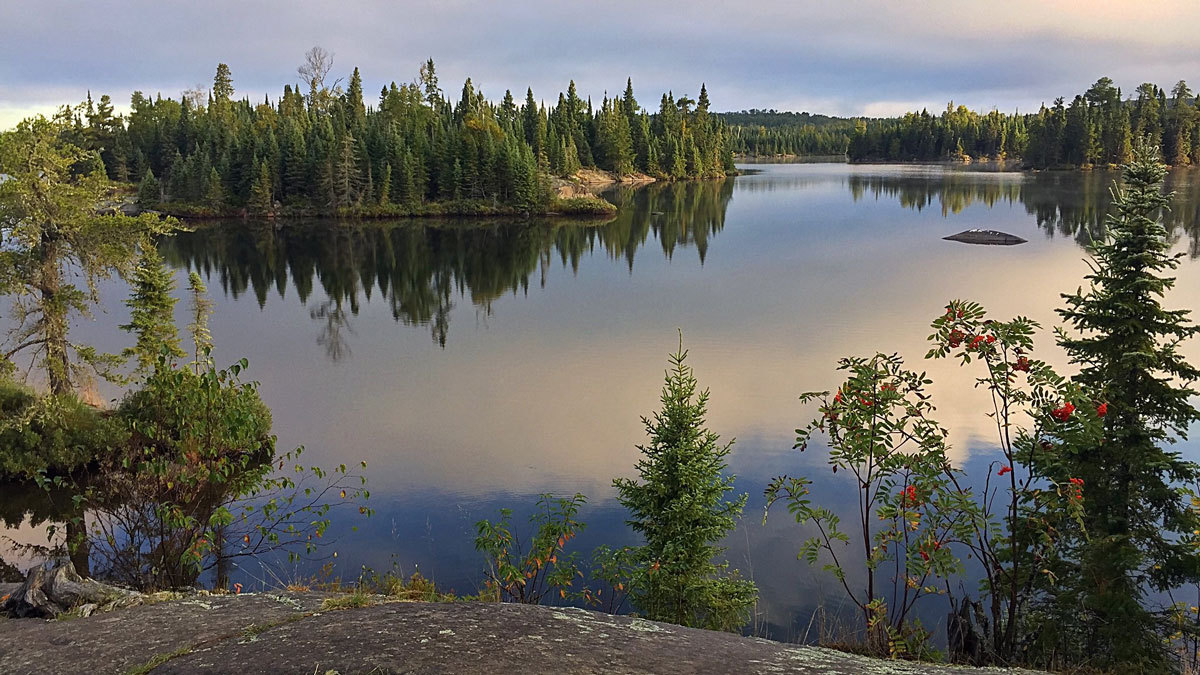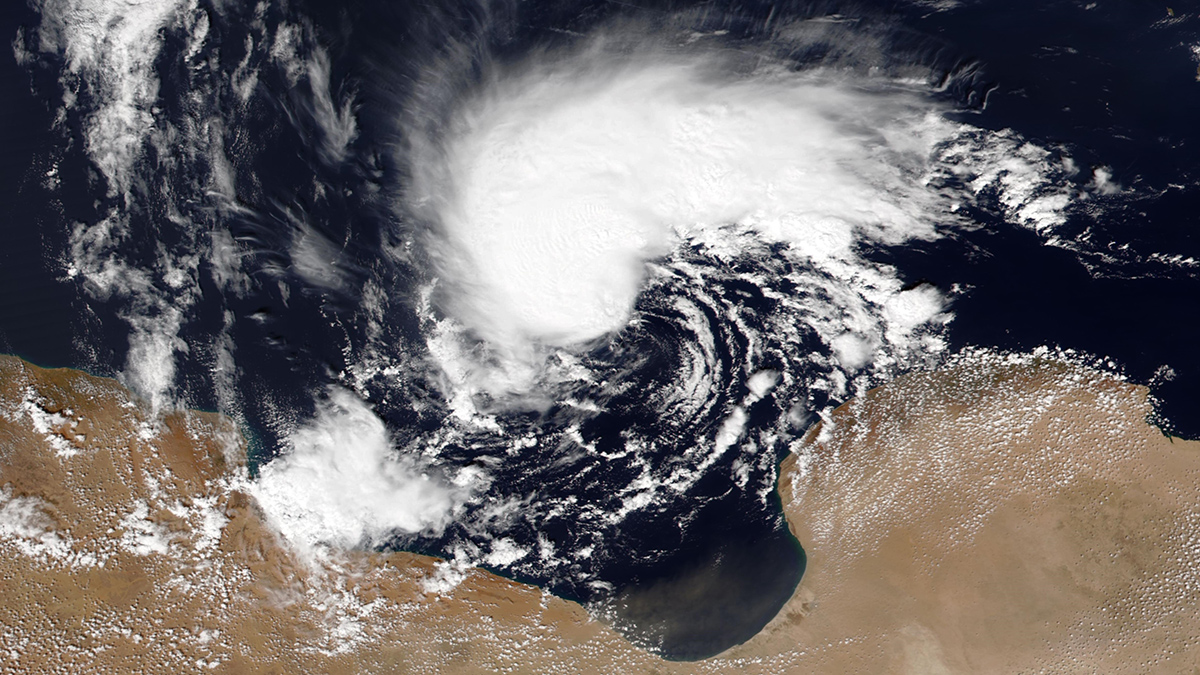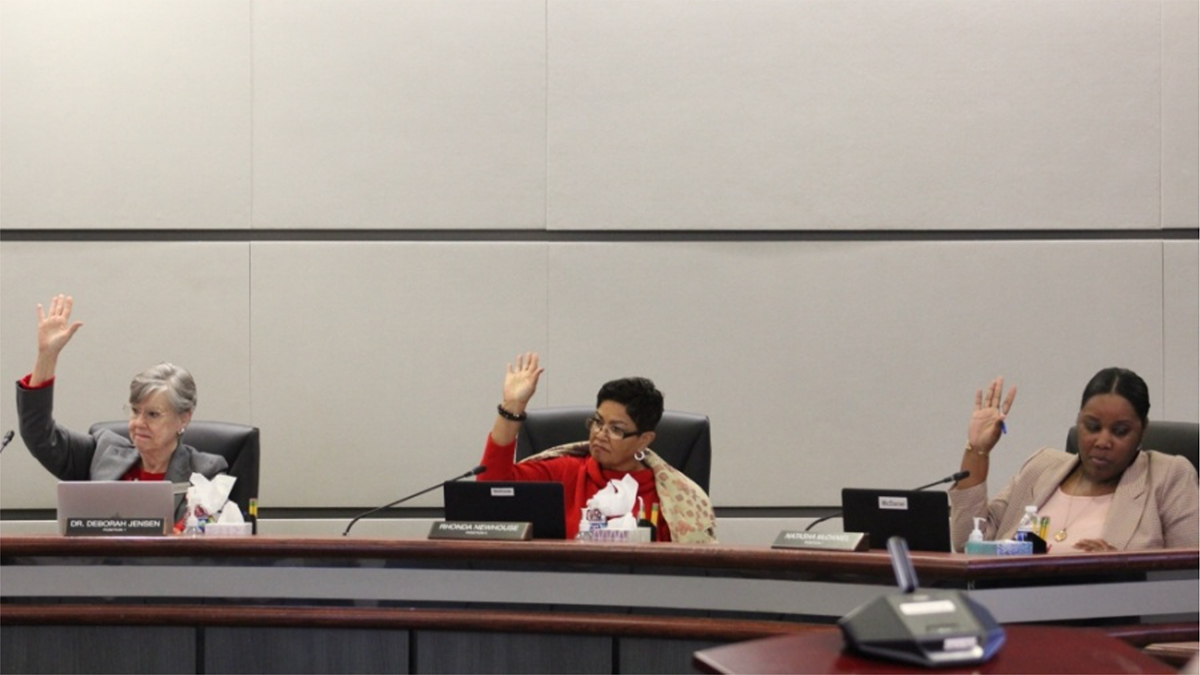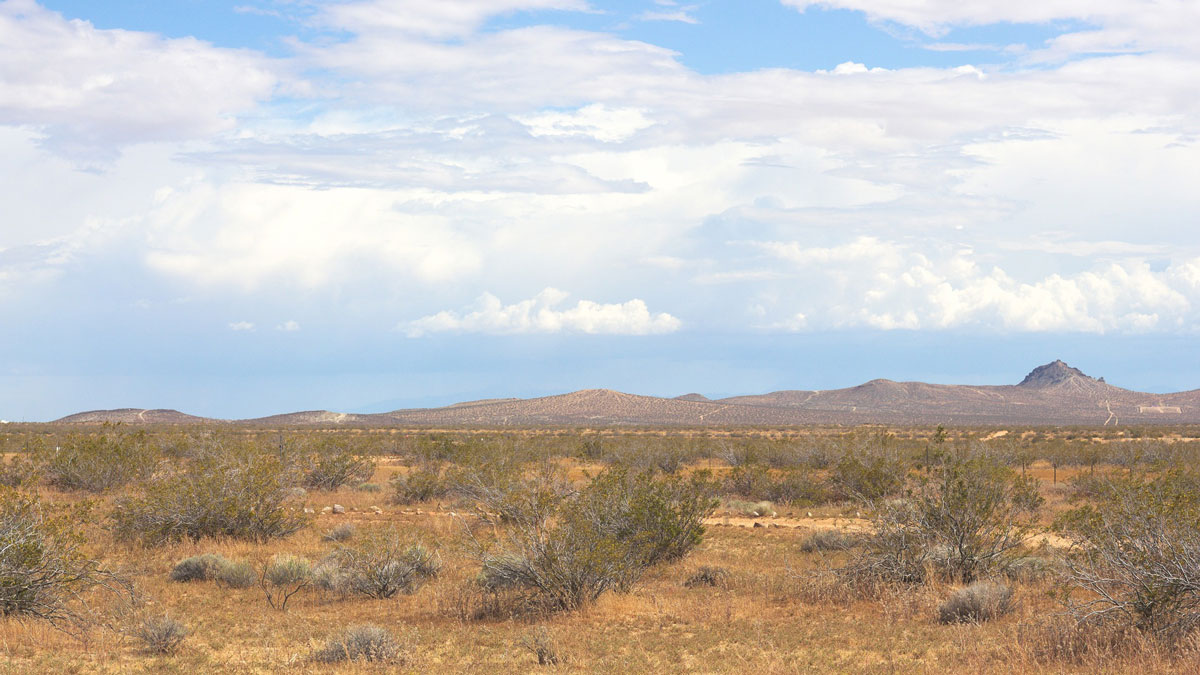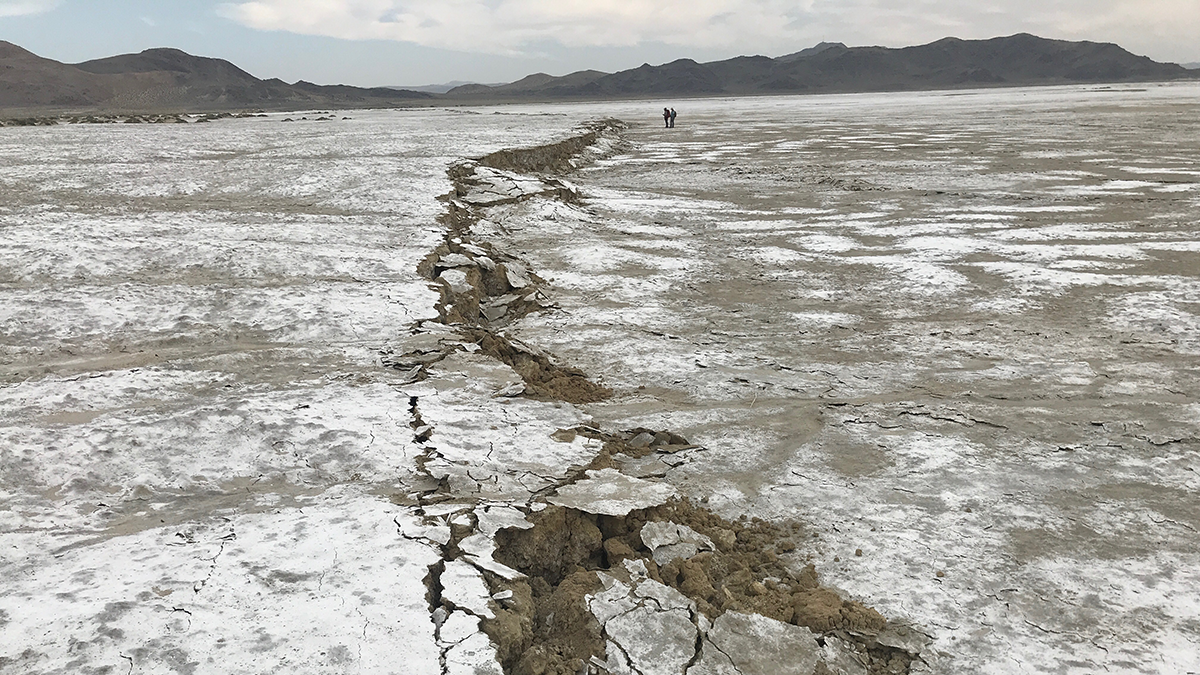Across the country, voters approved spending billions of dollars on climate resilience and conservation.
science policy
Torrents of Sediment-Laden Water Worsened Disastrous Libyan Floods
Drought followed by torrential rain can unleash deadly floods in arid regions, like those that affected Libya in 2023.
Lab to Legislature
More scientists are entering the political arena to help solve the biggest problems of our time.
How to Get Elected Officials to Support Your Science
Whether as an officeholder or a challenger, the campaign trail is where U.S. candidates are uniquely open to new ideas. As former candidates for office, we have tips for a different kind of outreach.
Fiber-Optic Cables Used to Measure Changing Soil Moisture
Scientists are using seismic techniques to measure soil moisture. Their results show that recent droughts in California depleted water in the shallow subsurface.
Data to Decisions: Changing Priorities for Earth Observations
NASA is updating how it designs and implements Earth science missions to ensure their data and science reach users and decisionmakers faster and more effectively.
Operational Earthquake Forecasting – What Is It and How Is It Done?
While earthquakes cannot be deterministically predicted, operational earthquake forecasting systems can provide valuable insights into the likelihood of future quakes.
The Role of Community Conversation in Improving Air Quality
Collaboration between academic researchers and environmental justice organizations is key to mitigating emissions.
More Than Half of Contiguous U.S. River Water Comes from Ephemeral Streams
The finding has potential implications for water regulations, which don’t currently cover these seasonal streams.
Samantha Montano: Helping Communities Recover
A disasterologist has a passion for making emergency management systems more just and equitable.

